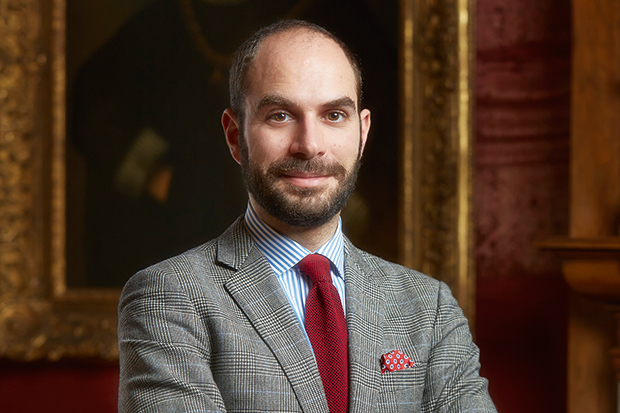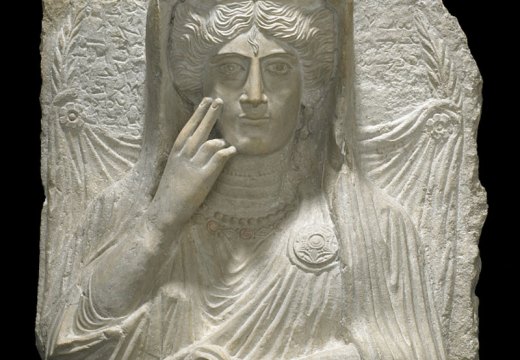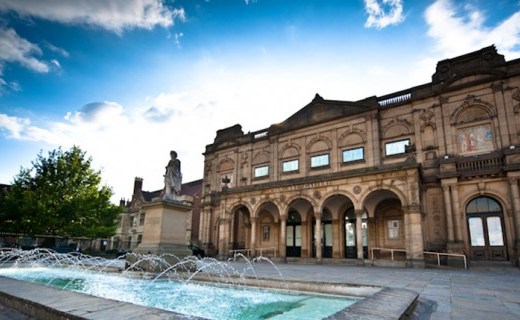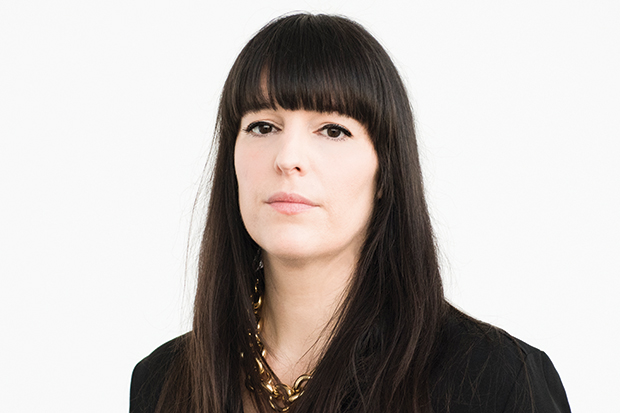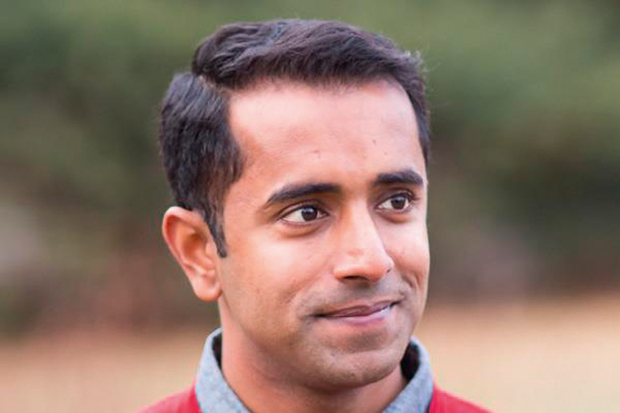What are your goals as Chief Curator at the Frick?
My goals are those I believe any curator should have in a museum. I’m in charge of preserving an outstanding collection of works of art, studying it, and presenting it to as wide a public as possible in interesting and meaningful ways. In a museum like the Frick it’s really a question – to paraphrase a famous sentence by the writer Giuseppe Tomasi di Lampedusa – of changing things so that everything remains the same. The character of the Frick is as important as the masterpieces in the collection, and it is imperative to maintain that for future generations.
Do you worry that the audience for historical fields is ageing or diminishing?
Over the past 50 years, we have witnessed a dramatically diminishing interest in any form of art that predates 1900. As curators we need to come to terms with this. It’s a worldwide problem and one that does not simply involve museums, but also schools, universities and governments. It’s dangerous to consider art and museums ‘elitist’, or as places that are not open and welcoming to a general public. I would not love my job as much as I do if I did not firmly believe that great art can improve people’s lives.
You’re a prolific lecturer, essay writer and reviewer. How central is that work to a curatorial career?
Research and study are fundamental for a curatorial career: a museum curator has to be first and foremost an exceptional art historian. I see my job as that of an intermediary, helping people understand why masterpieces were created and why artists made certain choices. The creation of an outstanding work of art is an incredibly mysterious process and one that remains basically close to a miracle. As curators we should not live in our ‘ivory towers’ but reach out to the outside world with our knowledge and enthusiasm.
Are today’s curators under too much pressure to devise exhibitions?
Yes, without a doubt. Exhibitions are often considered more important than permanent collections. The main challenge of directors and curators of my generation is to address this shift and direct the spotlight back on to the main collections of our own museums. Exhibitions in themselves can be very important, but they need to be carefully and intelligently planned. Too many shows these days are ‘events’ that have very little to do with art, research or education.
Are there enough opportunities for young curators to develop in US museums?
I think there are plenty of opportunities for young scholars in US museums. Compared to similar institutions in Europe, where it’s difficult to find young curators and directors, I think America is particularly open-minded and courageous. The current exodus of curators from Europe to the States is somewhat depressing, and goes to show how many European countries should drastically rethink how museums are managed there.
Unlimited access from just $16 every 3 months
Subscribe to get unlimited and exclusive access to the top art stories, interviews and exhibition reviews.

